Starting a new game of D&D? One of the best ways to keep things fresh is by messing with character creation rules.
House rules are a tried and true part of D&D’s long tradition. In the earliest days of D&D, the expectation was that DMs would come up with their own house rules to make the game feel like what they wanted to play at their tables. This was before a whole industry cropped up out of making homebrewed material for people to play with.
Even modern tables have this—it’s baked into the “rulings not rules” ethos; you play in a way that makes the game more fun. If that means everyone gets an extra feat, then so be it. And sometimes the best way to play with your D&D expectations is by finding some fun ways to mess with character creation.
Some tables may have their own rules already. But here are some popular “house rule archetypes” you might want to consider for your next campaign.
Let the Dice Fall Where They May
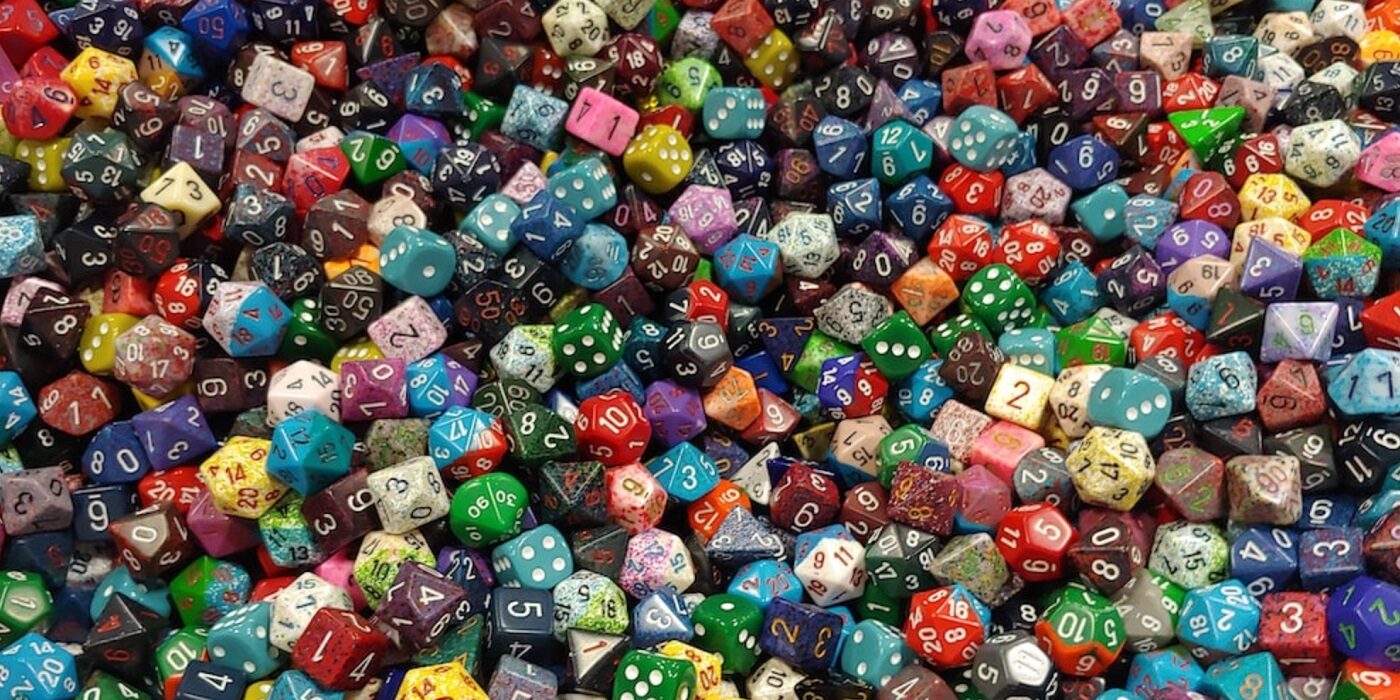
Probably one of the go-to house rules for many a table, is rolling dice to figure out how your character should be. If you’re with a group who’s up for it, you can let the dice fall where they may – meaning you roll your stats in order, rather than assigning them where you want.
A lot of folks will have their favored method of generating characters at random. Including rules like “everyone gets to have at least a 14 to start with” or “roll three sets, keep one” which are just as at home with rules like “roll 4d6, drop the lowest.” These rules tend to skew the system more towards higher powered characters. But that’s not a bad thing.
It can be especially fun if the whole table is on board with seeing where their good stats end up being and making a character/party from that. Instead of deciding you’re going to play X and build it to fit with what the others are choosing, you might see where the dice fall and find out you’ve got a perfect Druid, Monk, and Warlock—and then go from there. I love this method because it feels like letting the dice take the wheel and I’m just figuring out what they’re trying to say.
Need a Backstory? Try a Lifepath
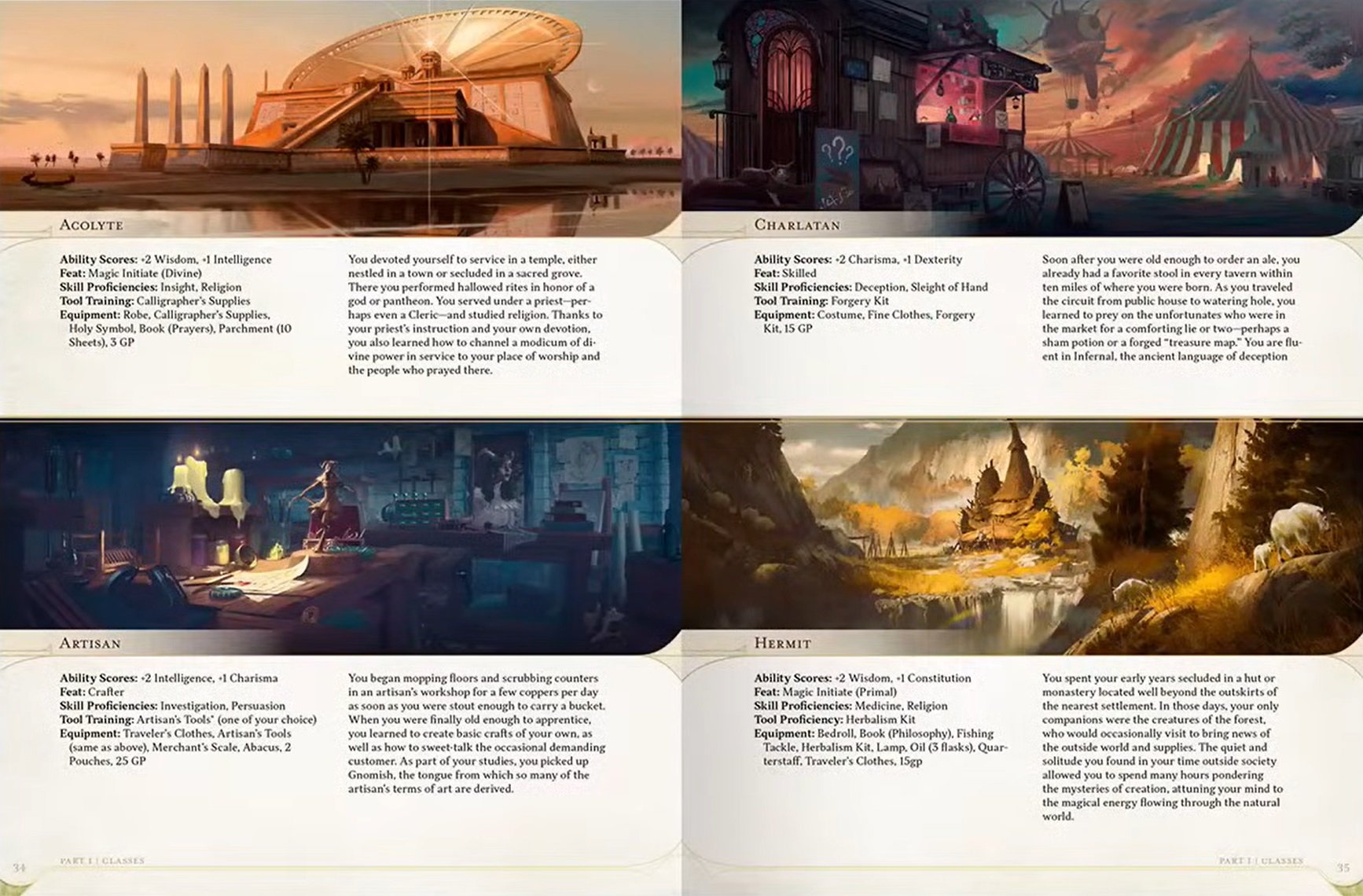
Of course you don’t have to let the dice stop with your character. There are so many random tables out there. In writing up this list, I found no shortage of people who have homebrewed up Life Path systems for D&D (and other systems). These can range from tables that you roll on to see what sort of events you’ve had happen in your life, to events that give you in-game benefits or penalties.
It all depends on your comfort level. If you’re okay with parties feeling a little off-balance in terms of power, there’s plenty of meat on those particular bones. Even if you don’t want them to have extra benefits, just having tables that you roll on can help you curate your collection of characters.
Make Characters With No Class
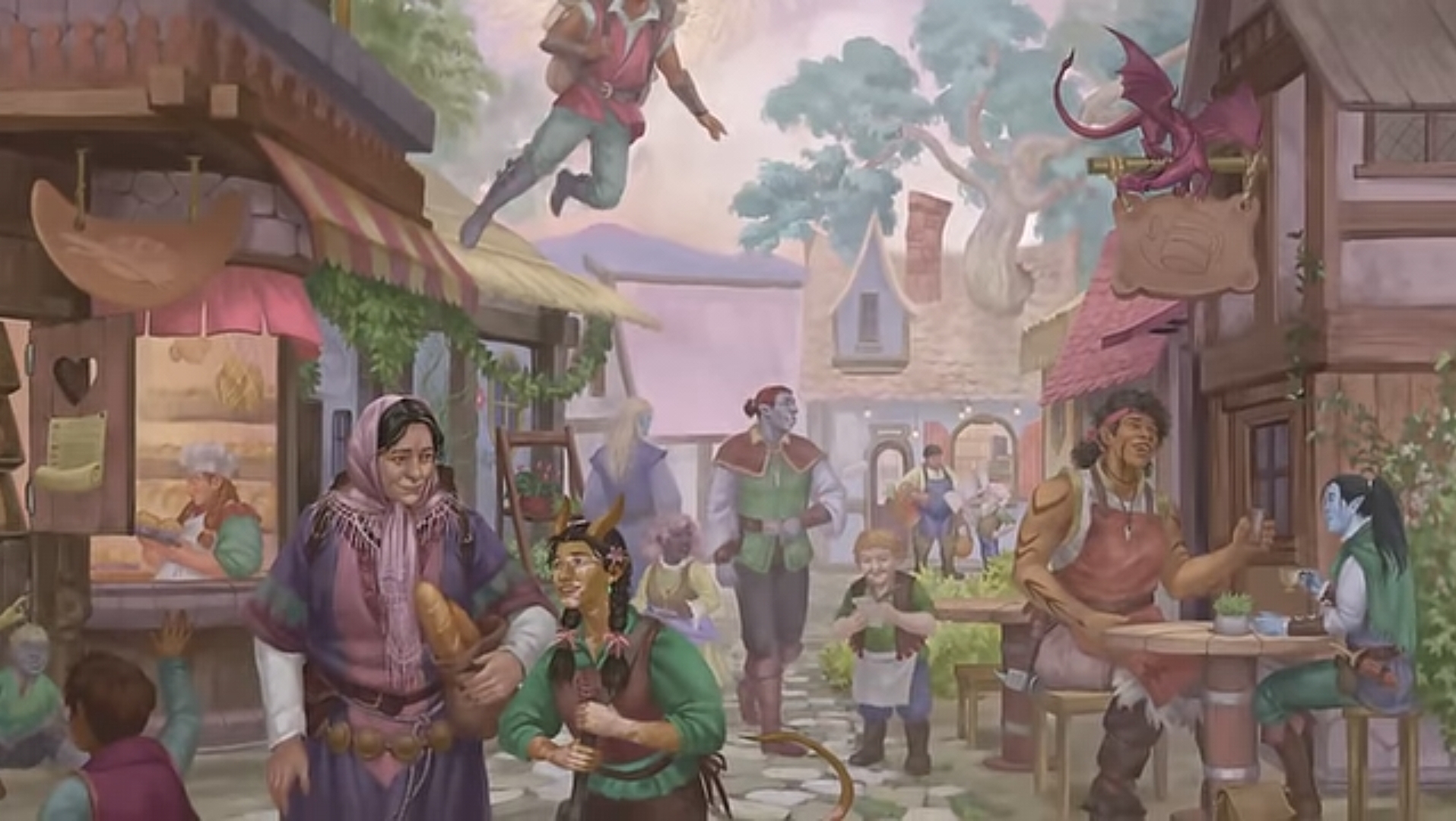
The “white whale” of many a D&D group is a game that starts with the characters as just regular people—at level 0, as they say. You don’t have a class. No combat features. You may barely have hit points or proficiencies – but the fun lies in seeing if you can survive the first day of harrowing adventure.
There are plenty of systems that have the idea of a “character funnel” where you see which, if any, 0-level characters you roll up survive to gain their first level. But even if you’re not playing in meat grinder of a campaign, starting at 0th level (with some rules to guide you) can lead to catching the feel of starting off as people in a pastoral little village with no clue of the wider world awaiting them.
Especially since even level 1 characters are much stronger and more capable than your average peasant. And whatever flavor of Level Zero houserules you find/brew up for yourself, this is a way to really grow into your character. Typical ideas here include:
- A single d4 (+ Con mod) for hit points
- Starting with all ability scores at 10 (increased as you get closer to level 1)
- Proficiency bonus of only +1
- Limited starting proficiencies
- Maybe maye being able to cast a single cantrip
- Assigning profiencies as events in-game come up (my favorite variant is you don’t know what you’re good at until you try and succeed on something)
This is a good way to nail down the humble origins feel of many a fantasy story.
Make Every Character a Little Weird in Some Way
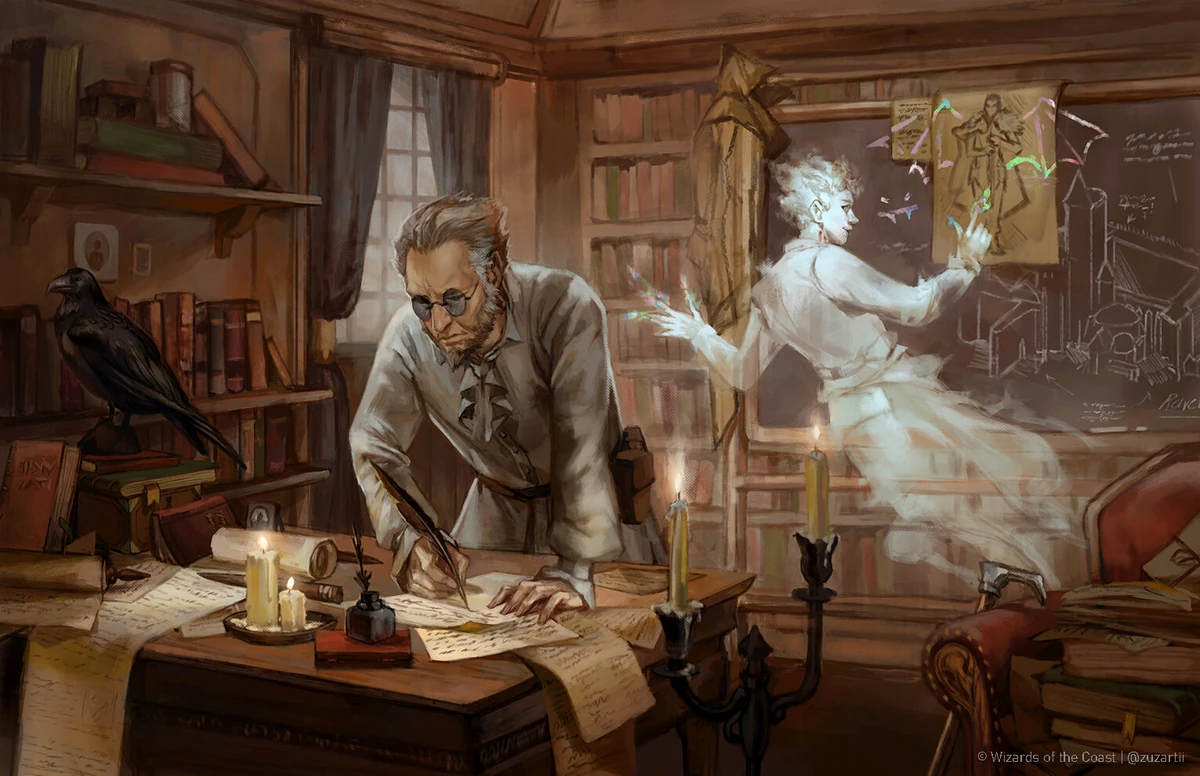
You can also have all of your characters share the same weird thing. Make it a house rule that every character has been brought back from the dead, and thus gains the “shadow-touched” feat. Or have everyone play as a species that isn’t human. There are a lot of ways to make your world and your campaign feel unique. Requiring everyone to have the same feat—or if you’re nice, just granting them all the same feat for free is one way to do it.
Same with deciding that everyone starts as a 1st level Fighter or Wizard or what have you. Or if that feels too restrictive, giving everyone an extra class feature or skill for some reason. I typically find that it feels both cool and good to get a little extra mechanic as a treat.
For the really bold and daring DMs out there, you could invite your players to come up with their own “personal quest mechanics” akin to what a character in Baldur’s Gate 3 might have. Where, for instance, Karlach can use Soul Coins to go into a literal fiery rage as she activates the Infernal Engine in her body (at some minor cost to herself). Or Gale, who has to eat magic items or else he blows up but in exchange he has a whole arc with an orb inside of him. You don’t have to be Larian Studios to come up with those mechanics—you can just try it on your own and see what happens!
Use Classes Outside The Core 12 (Soon To Be 14)
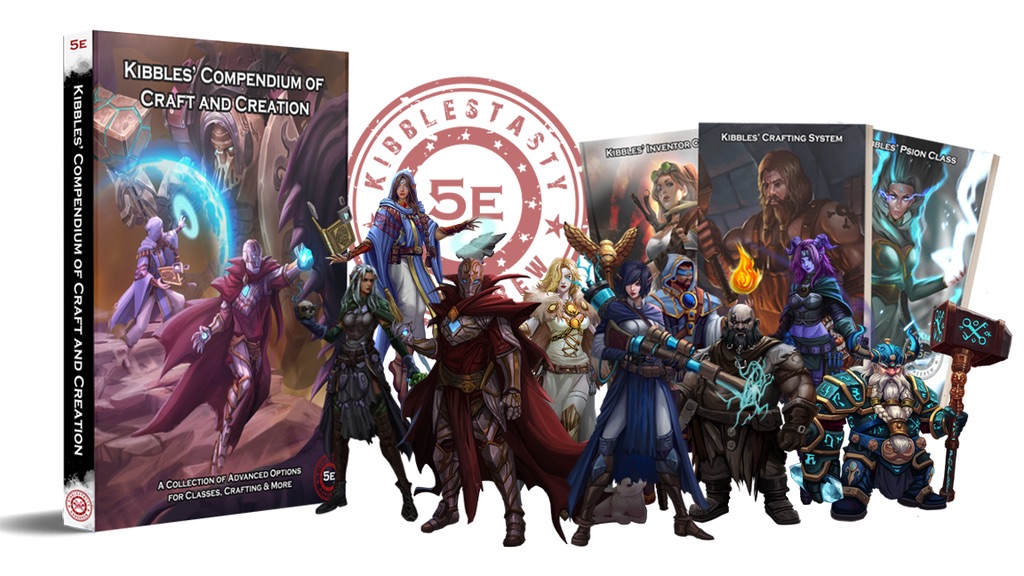
And if all else fails, there’s always trying to use some of the 3rd-party classes out there. There are so many at this point—many are updated for 5.5E by this point in time. It can be tempting for a lot of DMs to say “use only the official books” but once you’ve run their course, it can be fun to see what life is like beyond the WotC playground.
Sure, sometimes it’s a little overpowered—that’s why you have to be careful with this and talk with your DM (and usually newer DMs will have a harder time judging what feels OP, but not always!) and your fellow players about what you’re thinking of using. But you can find some interesting mechanics and stories to tell from the many wonderful books made by creators around the world.
Happy adventuring!
Subscribe to our newsletter!
Get Tabletop, RPG & Pop Culture news delivered directly to your inbox.
Don’t Miss:
Read more at this site
